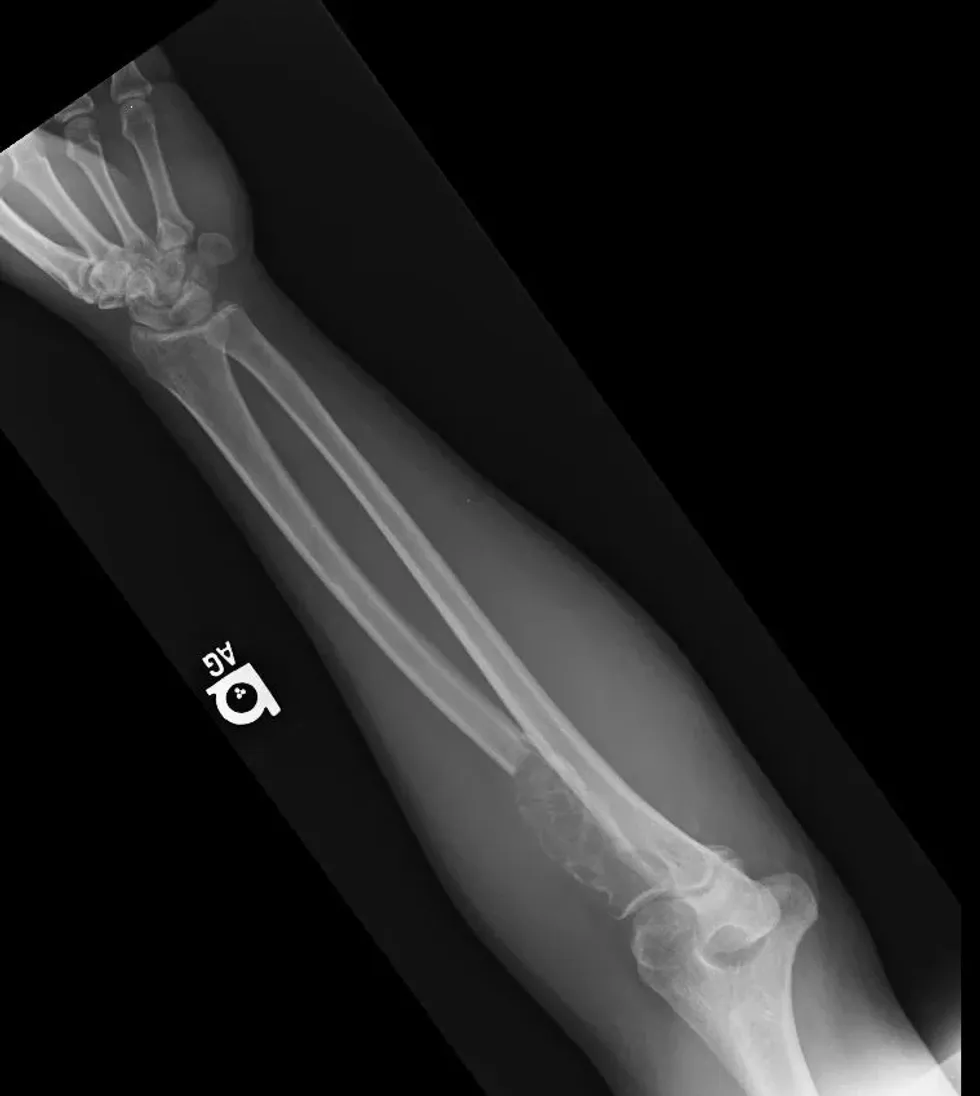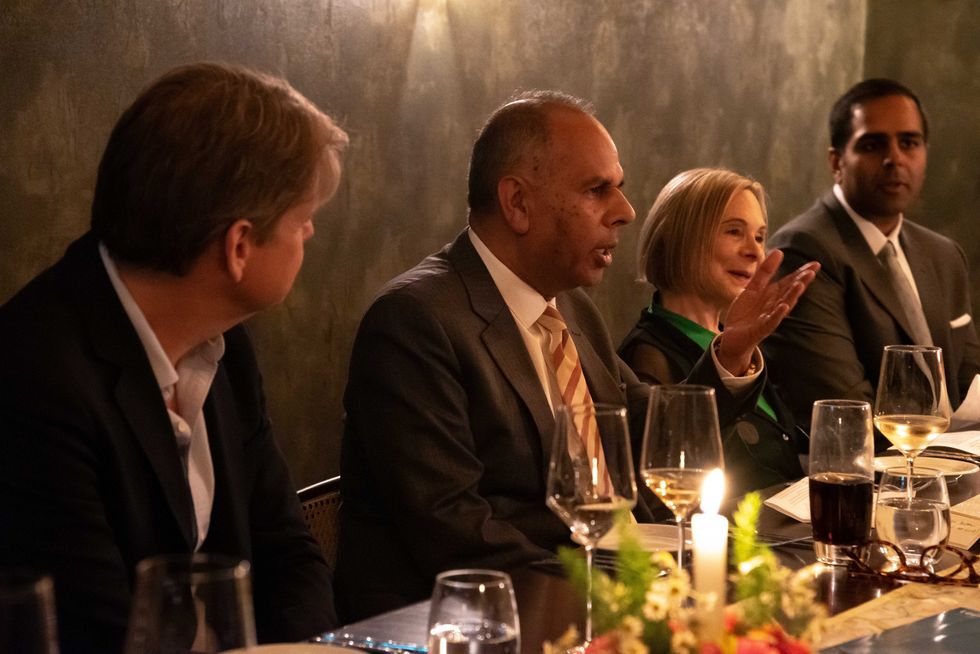NEW research has revealed stark disparities in cancer rates between different ethnic groups in the UK, reported the Guardian.
According to the study published in the British Journal of Cancer, black people are twice as likely to get prostate cancer while white people have double the chance of getting skin and lung cancers.
The Cancer Research UK analysis of NHS Digital cancer registration data is the most complete recording ever of cancer rates by ethnicity in England, the Guardian report added.
The research further said that white people are more than twice as likely to get some types of cancer, including melanoma skin cancer, oesophageal, bladder and lung cancers compared with people from black, Asian or mixed ethnic backgrounds.

Black people are almost three times more likely to get myeloma and almost twice as likely to get prostate cancer compared with white people. The analysis also showed that black people are more likely to get stomach and liver cancers, and Asian people are more likely to get liver cancers. These types can be linked to infections including H. pylori and hepatitis, which are more common in some minority ethnic groups.
According to Cancer Research UK, Genetics are thought to play a part in some of the findings.
“To date, this is the most reliable and highest-quality study on cancer incidence by ethnicity in England, which shows us there are disparities in cancer rates across different ethnicities,” study author Dr Katrina Brown, a Cancer Research UK statistician, was quoted as saying by the Guardian.
Also Read | Quick and cheap blood test can prevent heart attack deaths
“Someone’s risk of developing cancer is based on many factors, including age, genetics and exposure to preventable risk factors – about 40 per cent of cancer cases in the UK could be prevented. But the cancer incidence we see today is partly the product of smoking and obesity in decades past. If we don’t tackle these risk factors today, we could see cancer rates rise in future for people from ethnic minority groups.”
The charity said that smoking and being overweight are the two largest risk factors in developing cancer and help explain why white people are more likely to get some types of cancer than other ethnic groups.

However, Cancer Research UK warned that smoking and obesity rates could rise in some minority ethnic groups in the future.
"Some evidence suggests smoking and obesity rates in people from black, Asian or mixed ethnic backgrounds could become similar to those in white people in future. This is worrying when compounded by reports that minority ethnic patients often have worse experiences of cancer care and lower survival for some cancer types," the charity noted.
Michelle Mitchell, the chief executive of Cancer Research UK, told the Guardian: “It’s clear addressing cancer inequalities must be central to Sajid Javid’s new 10-year cancer plan and include being bolder on cancer prevention – tightening tobacco control and implementing, not U-turning, on obesity policy. More research is needed to understand the challenges faced by different ethnic groups and how the cancer journey differs for people.”



















 The event was hosted by Kalpesh Solanki, Group Managing Editor of Asian Media Group and President of the 100 Club.
The event was hosted by Kalpesh Solanki, Group Managing Editor of Asian Media Group and President of the 100 Club. 